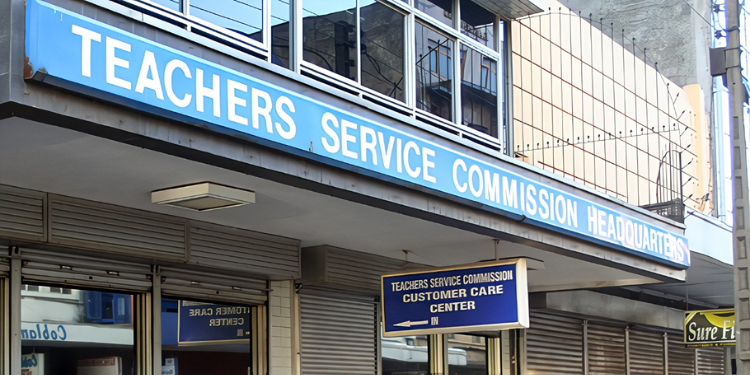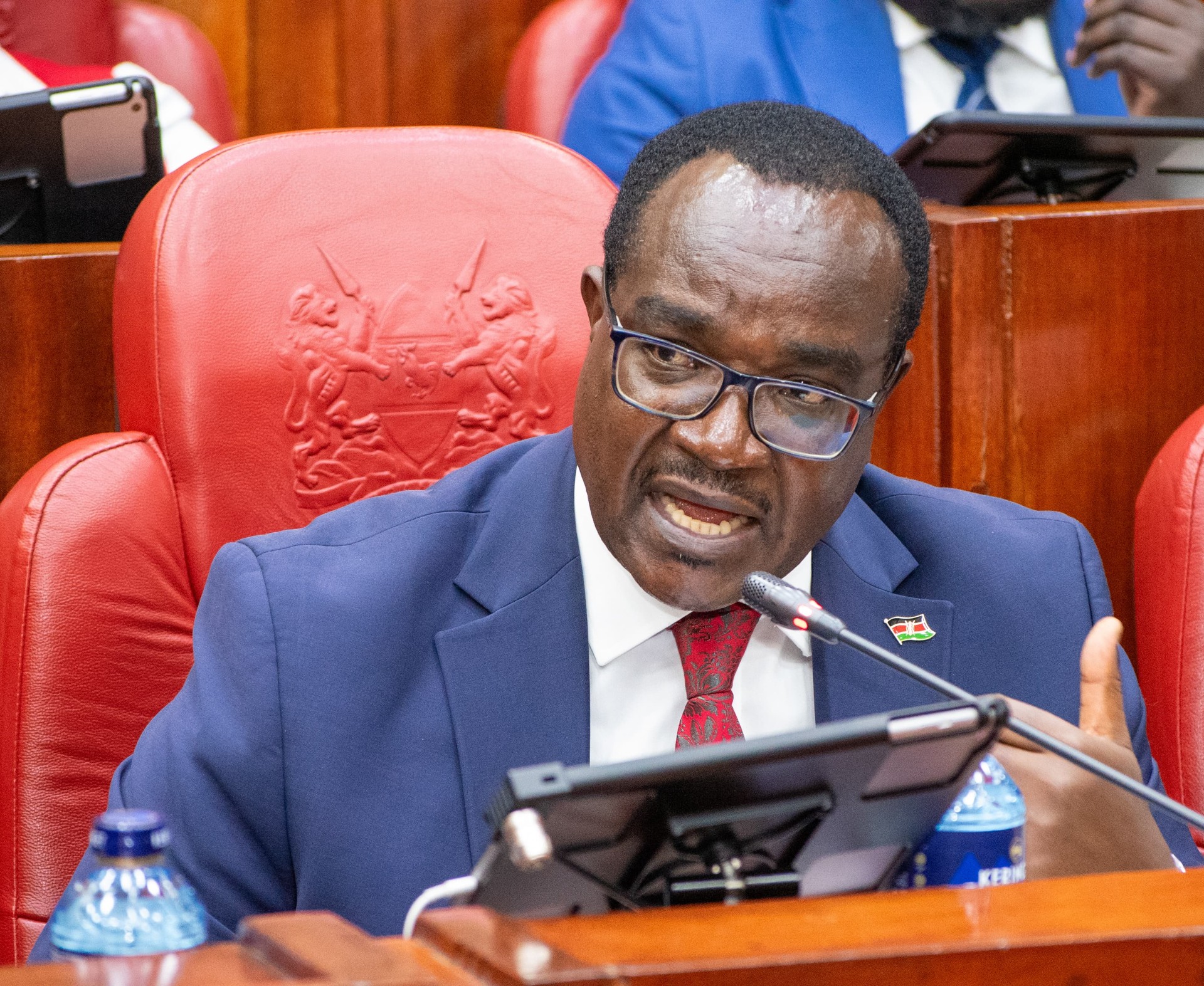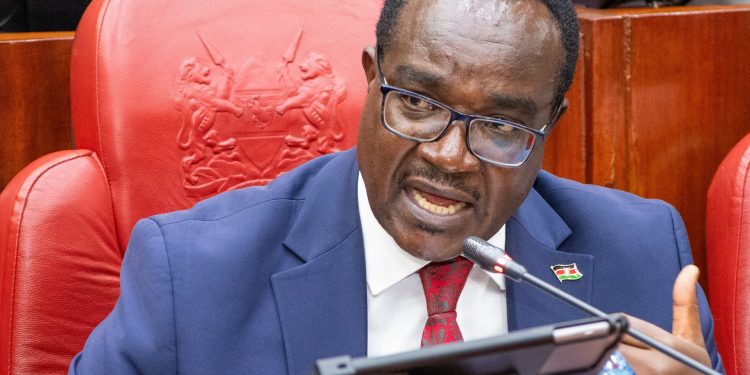The Teachers Service Commission (TSC) has the legal mandate to register, discipline, and, when necessary, deregister teachers in Kenya.
Deregistration is the permanent removal of a teacher’s name from the official TSC register, effectively ending their eligibility to teach in any public or private institution recognized by the Commission.
Under the Teachers Service Commission Act and the Code of Regulations for Teachers, the Commission can deregister a teacher on several grounds that reflect misconduct, criminal behavior, or professional negligence
Why TSC May Take this Action
- Criminal Conviction
A teacher convicted of a criminal offense, especially one involving moral turpitude such as theft, assault, or sexual abuse, risks immediate deregistration.
TSC views criminal records as a breach of integrity and public trust.
- Sexual Misconduct
Engaging in sexual relations with a learner or any form of sexual harassment is one of the most serious offenses under TSC regulations.
Also Read: How to File a Medical Claim as a TSC Teacher and What You’ll Need
Teachers found guilty are permanently removed from the register and may face prosecution under the Sexual Offences Act.
- Professional Misconduct
Gross insubordination, chronic absenteeism, or neglect of duty may result in deregistration.
The Commission requires teachers to maintain discipline and professionalism in and out of the classroom.
- Corruption and Bribery
Demanding or receiving bribes from students or parents for marks, exam favors, or placement is a grave violation.
Teachers found to be involved in corruption-related offenses are deregistered and referred to the Ethics and Anti-Corruption Commission (EACC).
- Forgery and Fraudulent Documentation
Submitting forged academic or professional certificates when applying for registration or promotion can result in the applicant being deregistered.
TSC routinely audits teacher credentials and collaborates with KNEC and universities to verify authenticity.
- Examination Malpractice
Any teacher involved in exam irregularities, including leaking papers or aiding students to cheat, faces immediate deregistration.
This offense undermines the credibility of Kenya’s education system.
- Drug and Substance Abuse
Teachers found to be habitually using or distributing illegal drugs, especially within school premises, risk deregistration.
Also Read: How to Resign from TSC as a Teacher Without Losing Your Benefits or Reputation
The Commission considers such behavior incompatible with the ethical standards expected of educators.
- Incitement and Hate Speech
Engaging in acts or speech that incite students, parents, or colleagues to violence, discrimination, or unrest is a violation of the TSC Code of Conduct.
Such teachers can be deregistered and prosecuted under Kenya’s Penal Code.
-
Desertion of Duty
A teacher who abandons duty without official leave or fails to report to a new posting for more than 14 consecutive days is deemed to have deserted duty.
TSC may treat this as grounds for deregistration after due process.
- Breach of the Code of Conduct and Ethics
Any conduct that discredits the teaching profession, from misuse of school funds to inappropriate behavior online, can attract disciplinary action, including deregistration.
TSC explains that deregistration follows due process, which includes formal investigations, disciplinary hearings, and the right to appeal.
Teachers found guilty are listed in the Kenya Gazette and barred from employment in all TSC-recognized institutions.
Follow our WhatsApp Channel and X Account for real-time news updates.








































































